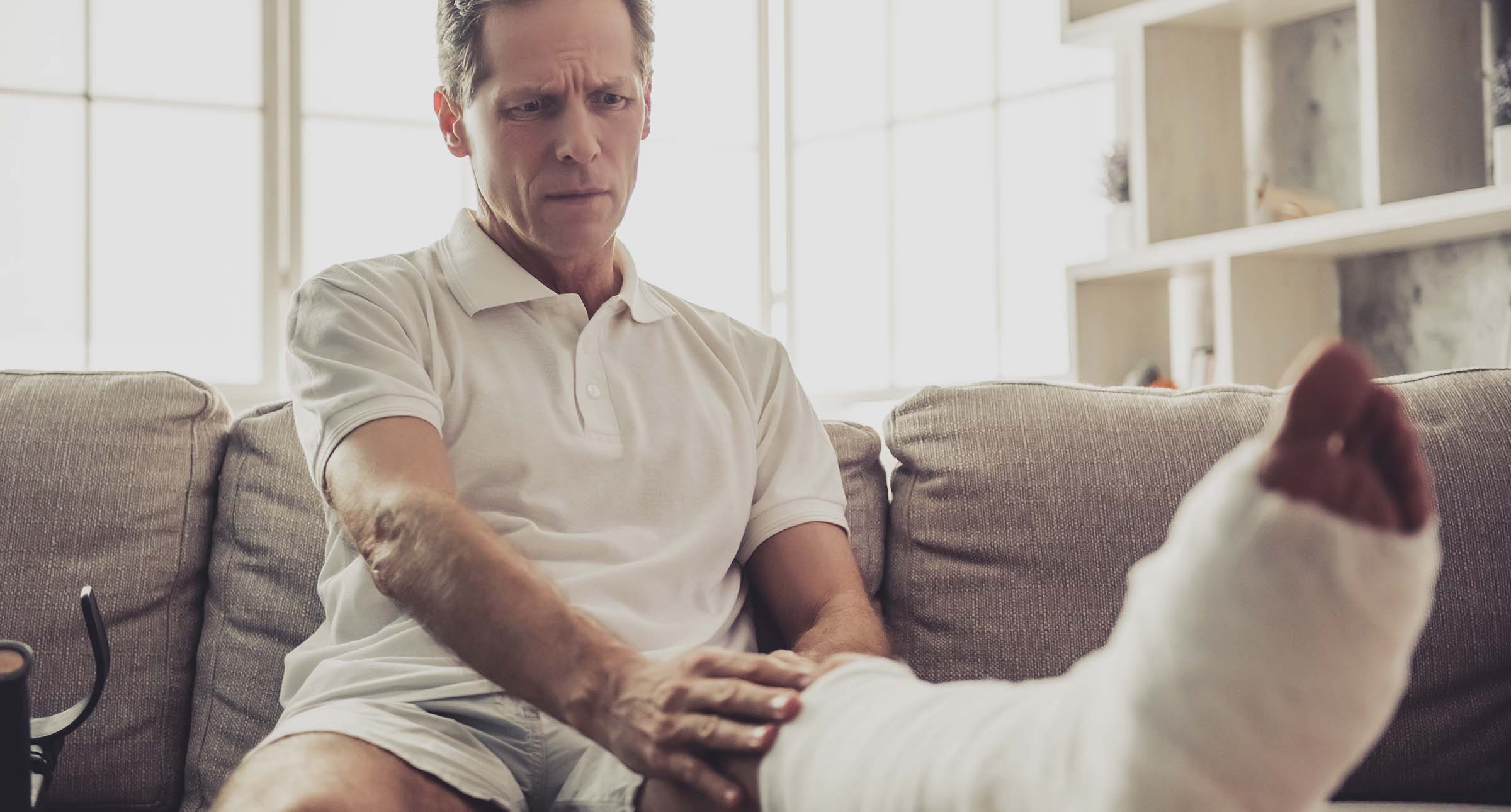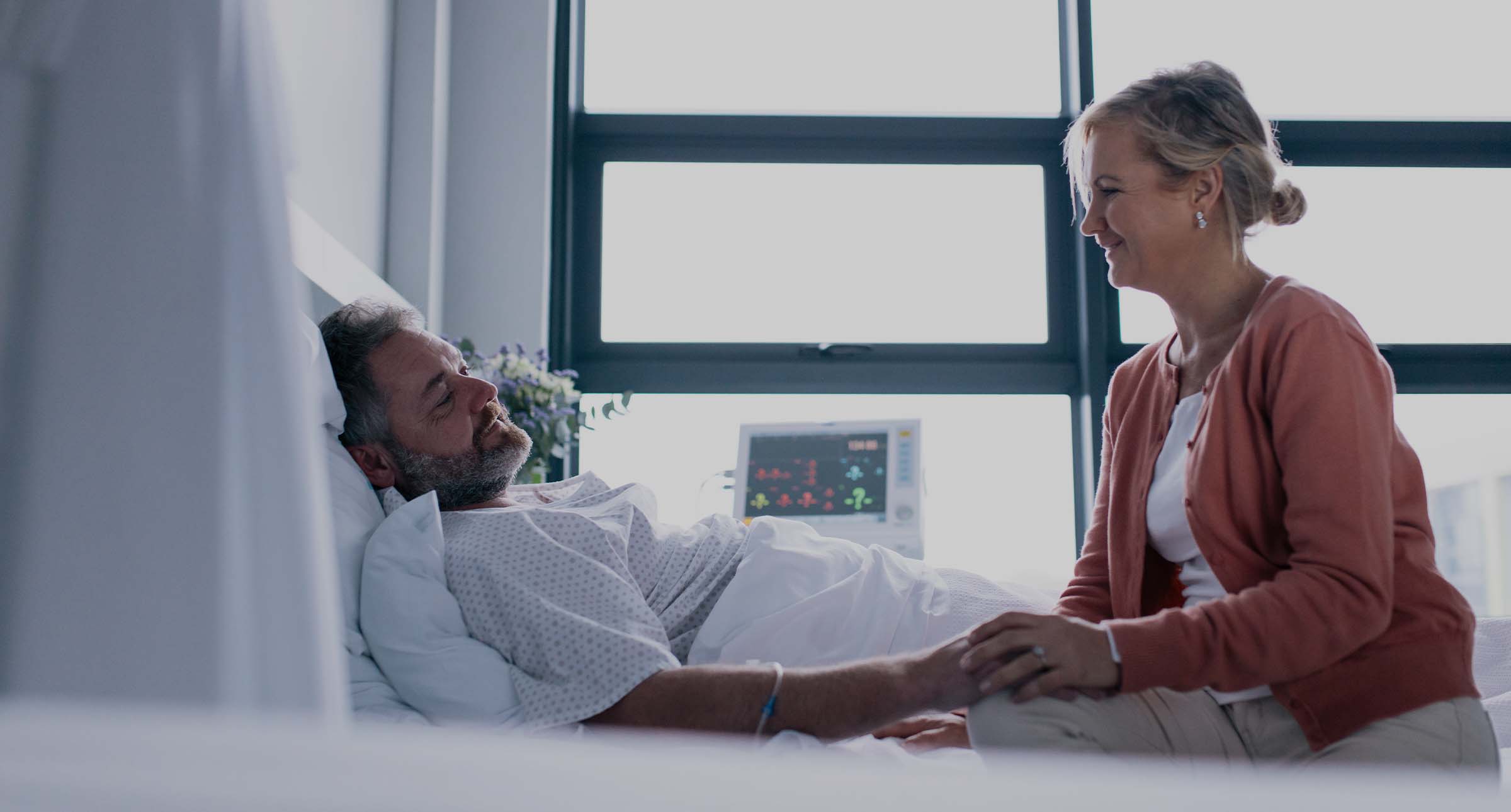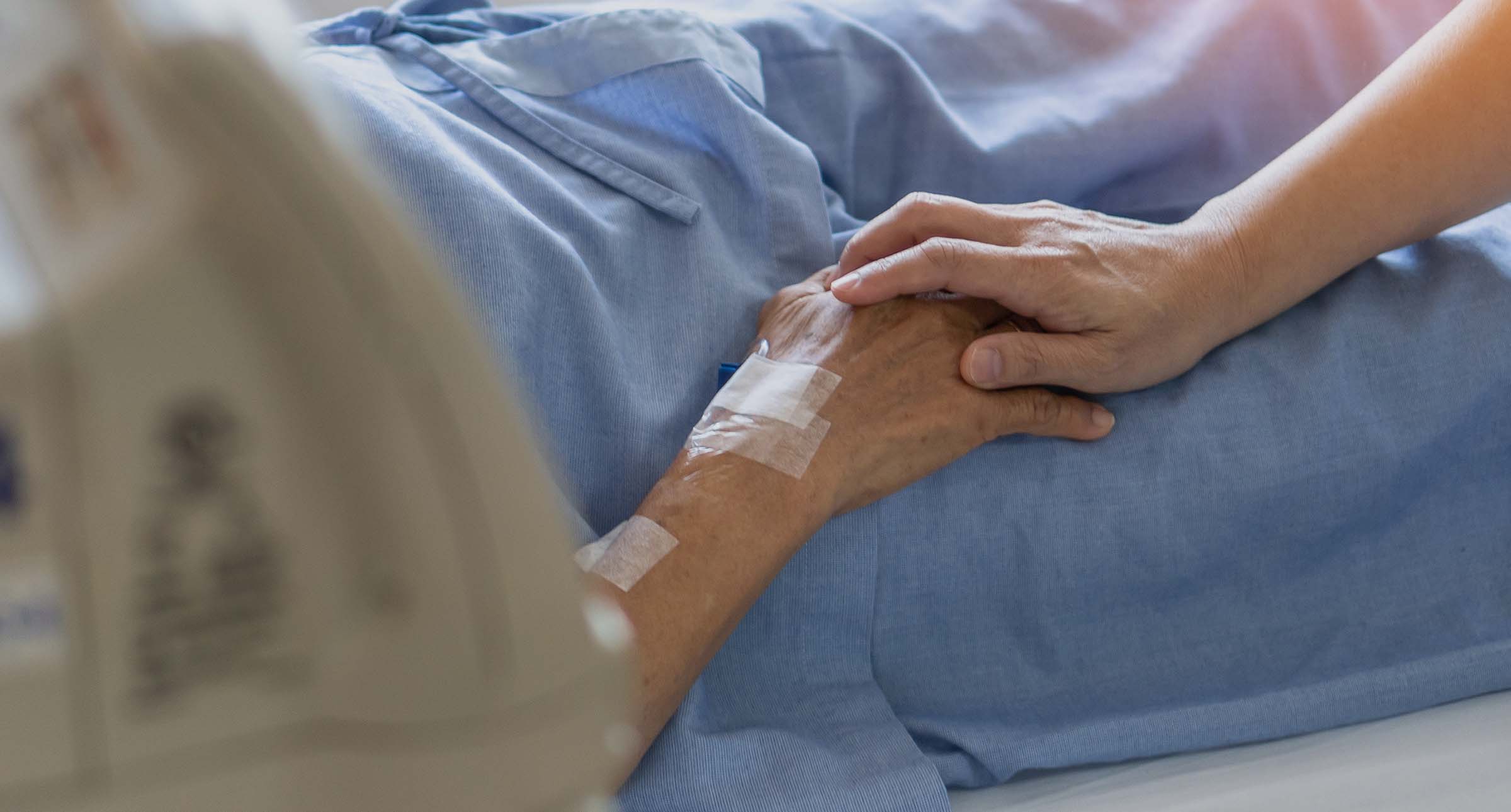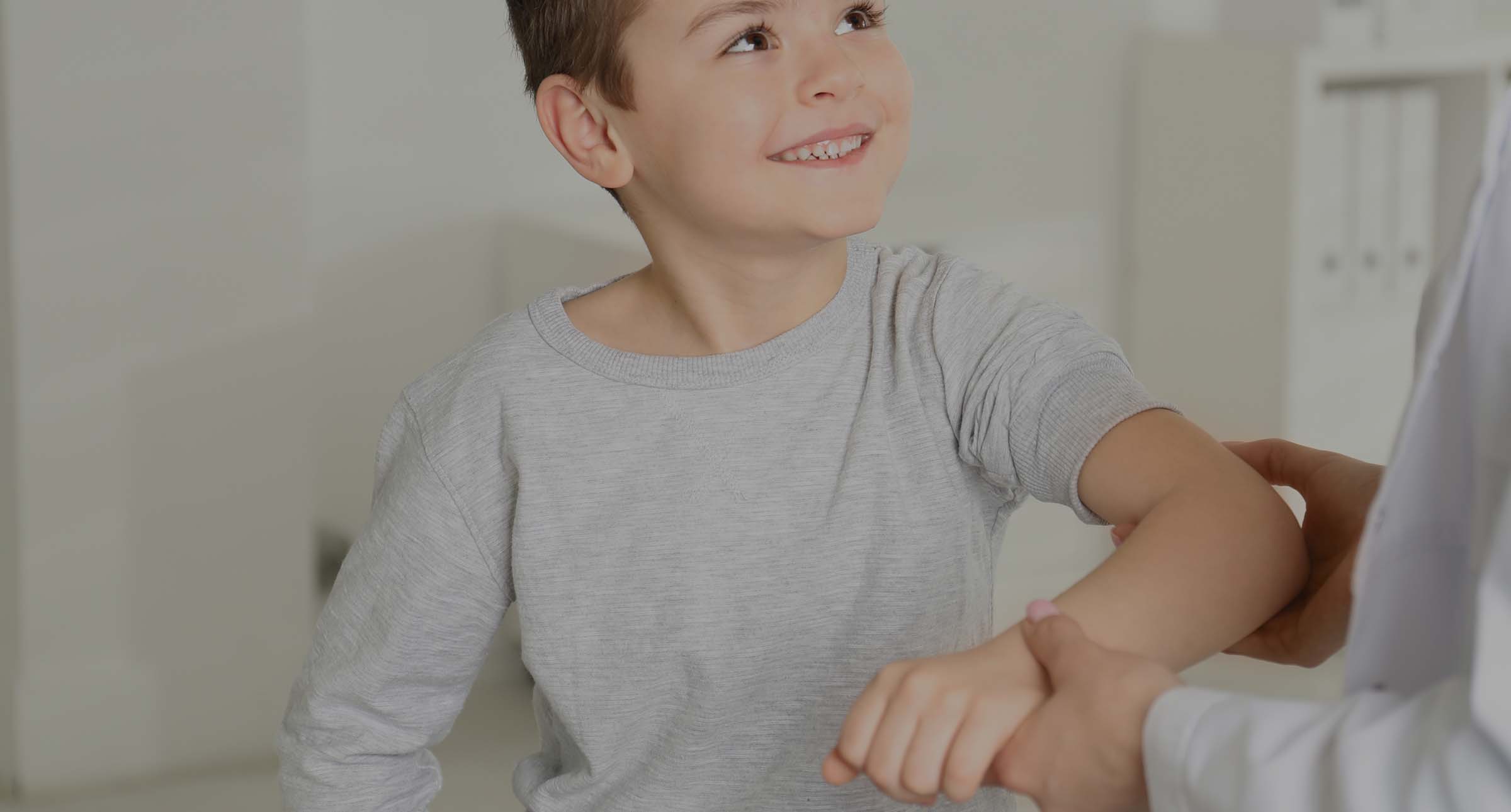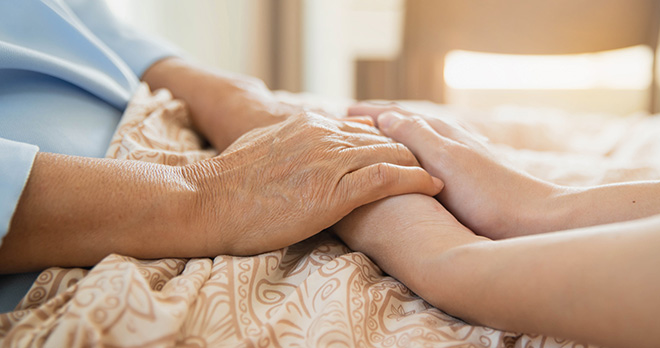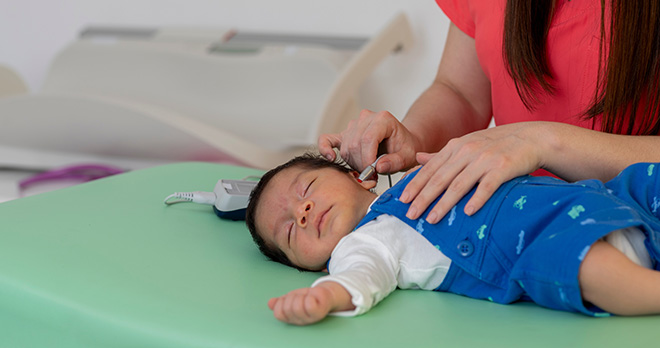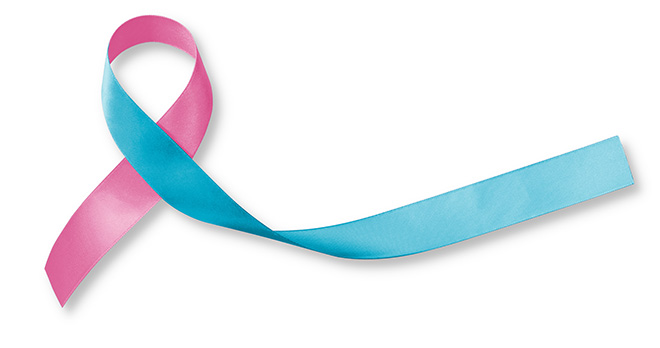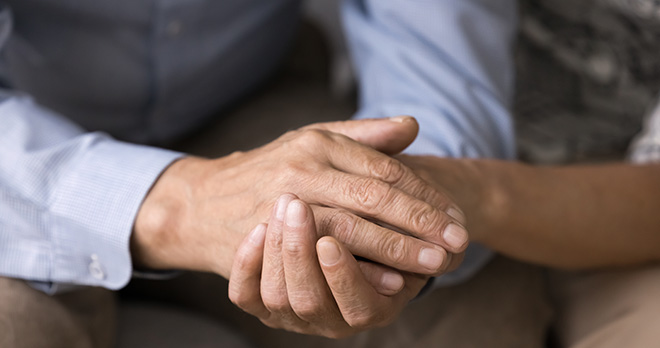Missed nerve damage leads to compensation for young boy after negligent treatment of childhood elbow injury.
Find out how we helped Carlos and his family secure compensation after a missed nerve injury after an elbow injury led to ongoing complications.
What happened.
In 2017, Carlos (then aged four) injured his right arm after falling down an inflatable slide. His mother, Kristelle, took him to his local A&E where he reported severe pain in his elbow and forearm. An x-ray revealed monteggia anterior dislocation of the right elbow with deformation of the proximal ulna (part of the forearm bone). Surgery was performed the following day, and Carlos was discharged with plans for a follow-up.
Over the next several weeks, Carlos experienced discomfort and reluctance to move his fingers. In the subsequent outpatient appointments, it was also noted that Carlos had ongoing discomfort in the cast and was reluctant to move his fingers.
The reluctance to move his fingers was initially assessed as behavioural because Carlos had become accustomed to not using them in the cast. A nerve injury was not suspected. Therefore no x-rays were taken and he was discharged despite having a reluctance to use his fingers.
In April 2018, Carlos attended A&E again after a further fall and physiotherapy was arranged as he was still reluctant to use his right hand. The physiotherapist examined Carlos and suspected posterior interosseous nerve damage (damage in the forearm) and he was referred for a CT scan and nerve conduction studies. This revealed he had a severe posterior interosseous nerve lesion (nerve damage) that was resisting the movement in his right arm and hand. His radial head had also dislocated and remained out of place, which has compressed the nerve, giving rise to the damage.
Exploring a claim for orthopaedic negligence.
Once Kristelle became aware that the nerve injury might have been missed, she consulted RWK Goodman to start an investigation as to whether there was a claim for negligent orthopaedic treatment.
Sophie Angwin-Thornes, Senior Associate ran the investigation and appointed various experts to carry out an investigation to assess whether a nerve injury had been negligently missed. Our experts included an orthopaedic surgeon and a nerve surgeon.
The experts highlighted a number of criticisms and a case was brought against the defendant hospital on the basis that the original examination of Carlos’s arm was negligent and failed to suspect and diagnose e the nerve injury. Thereafter, there were continued missed opportunities to diagnose the dislocate radial head and nerve injury through x-ray and a proper examination.
Our experts advised that had the dislocated radial head be picked up and put in the correct place (preventing pressure on the nerve) at any point within the first three months after the injury Carlos would have made a full recovery and would have avoided the permanent nerve injury. The Defendant admitted liability in the case and apologised for the care received.
The impact upon Carlos.
As a result of the admitted negligence, Carlos underwent an extensive surgical procedure to reconstruct the right radiocapitellar joint (part of the right elbow), corrective osteotomy of the ulna, excision of the fibrosed segment of the posterior interosseous nerve and graft using nerve from leg. Thereafter, Carlos had two further surgeries.
At the time of the injury, Carlos was right hand dominant but has now largely switched to being left hand dominant. He has suffered from additional scarring to his arm and leg. Whilst he made a good recovery post nerve graft, Carlos’ extension of the fingers remains weak and he is unable to fully extend the fingers with the wrist in dorsiflexion, which will be permanent.
Settling the claim.
Carlos’ case settled at a joint settlement meeting with the defendant. We were able to secure a significant compensation sum for Carlos – an excellent result and very much deserved not just for him but for Kristelle and the rest of the family.
As Carlos is a child, his damages have been invested on his behalf and he will be able to access the funds once he reaches the age of 18. Any compensation recovered on behalf of the child has to be approved by a judge and is then invested on behalf of the child, until they reach the age of 18, when they can receive access to that money.
The compensation included provisions for the private cost of future surgery that has arisen as a result of negligence, an award for pain and suffering to reflect the additional surgeries that arose from the negligence and provision for other financial losses incurred by Kristelle and her husband.
A child under the age of 18 cannot make a claim on behalf of themselves but an adult can bring that claim on their behalf, by acting as a ‘litigation friend’. If you are considering a claim for your child please contact our enquiries team to find out more.
Call now
